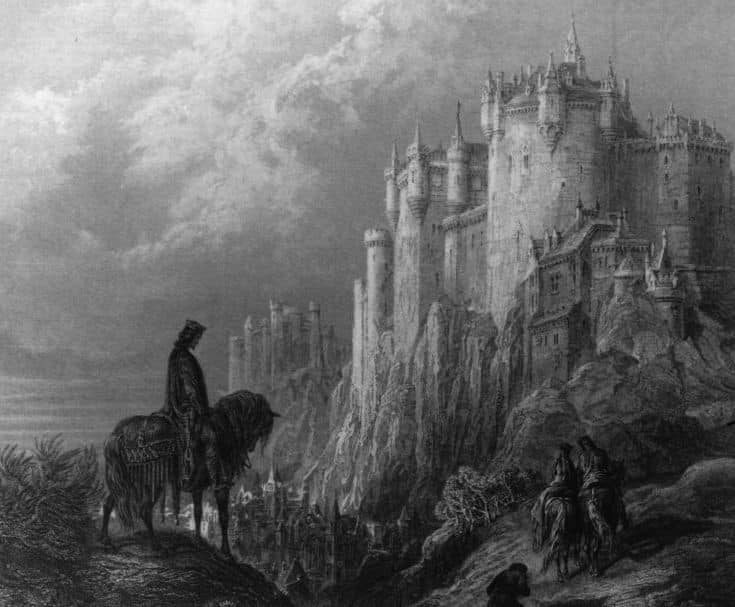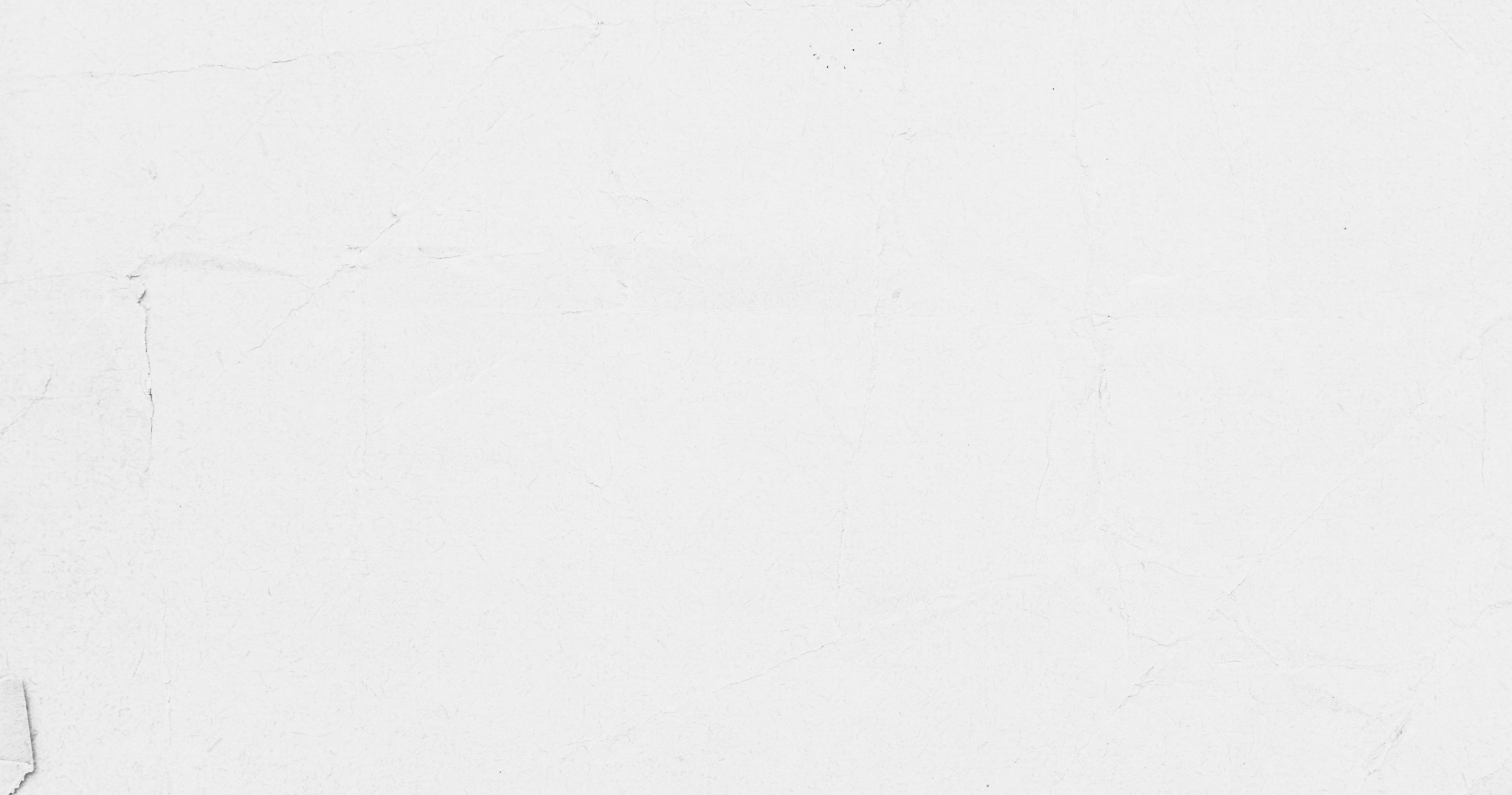Anti-immigrant riots in the United Kingdom. Election hysteria in the United States. Both are symptoms of a crisis of Anglo-Celtic identity, bound up with the upsurge of populism that is manifest on a global scale. How, exactly, should we interpret this crisis?
The French Catholic philosopher Rémi Brague has described "the Roman way" of Western Europe as a cultural path of "eccentricity", whereby Rome and its heirs are the transmitters of cultural currents lying further East: of the traditions of Greece and Israel and their still more Oriental forebears.
These traditions themselves notably married local specificity with claims to universal insight and relevance, focused on monotheism and a sense of the truly good life of contemplation, civic participation and creative artistry, which all human beings should aspire to lead.
What Rome added to that, apart from its own customs, was a spirit of organised discipline, combined with one of outgoing adventure.
Viewed in this light, one could argue that, despite Brexit, the Anglo-Celts are the most Roman, the most European people of all. And while stirring into the mix their own distinctive legacy of Christianised paganism – courtesy of Icelandic and Irish monkish scholars – they developed yet more intensely both the ecclesial impulse to organise and the missionary impulse to venture outwards.
In the first case, they honed the specifically Catholic notion of representative, constitutional government, as celebrated by Pope Benedict XVI in his Westminster Hall speech. In the second case, in the wake of the Iberians, they conveyed the universal message, that had first arrived from the East, still further westwards and then in every direction across the whole globe.
The problem, however, as noted by the feminist commentator Louise Perry in an insightful interview podcast with Razid Khan, is that the intense <em>nisus</em> of striving towards new frontiers, towards curiosity, inquiry and the all-encompassing, can risk a loss of specificity.
This is especially the case when "the Roman way" comes up against rival universalisms, such as Islam or the religions of the Far East. The temptation then is to define Western identity simply in terms of a perhaps retrospectively invented "Enlightenment" (as put by the British historian J.C.D. Clark), forgetting that later, more rationalised and reflective modes of inquiry still generally assumed Christian foundations.
We are sharply reminded of this when we discover that other universalisms do not necessarily share the same sense of the dignity of the person, the equality of women, nor the notion of the relatively secular and the need for as much free assent as possible.
Faced with this discovery in practice, the Anglo-Celtic sphere is now more acutely divided than any other European culture.<br><br><strong>RELATED: <a href="EDITORIAL: Law and disorder; the Christian response to the UK riots"><mark style="background-color:rgba(0, 0, 0, 0)" class="has-inline-color has-vivid-cyan-blue-color">EDITORIAL: Law and disorder; the Christian response to the UK riots</mark></a></strong>
The supposedly "educated" wish is to sustain the adventure in terms of an enlightenment that has impossibly taken off from its cultural anchor, and now favours the false univeralisms of global money and global techno-science.
By contrast, the economic security and social practices of the supposedly "uneducated" majority are increasingly threatened by mass immigration, with its pressure on housing, welfare and character of locale.
They are still more threatened by the metropolitan dominance of finance and information, combined with a shift from capitalist production to capitalist renting and hoarding. In consequence, this oddly extruded majority seek refuge in an already hollowed-out folk identity.
This is more obviously available within the British-Irish isles for its Celtic countries – although such a retreat has often led to perverse upshots – but in the case of the English majority, and of Anglo-Celtic populations elsewhere, it is much more elusive and tends to be asserted in terms of defensive anger.
The ensuing confrontation between the roughly twenty-five per cent of "anywheres", and the now marginalised majority of "somewheres", can be characterised in terms of a cultural war between an immanent secular universalism and an atavistic-tending particularism.
The universalism is based upon the liberal idea that one can distil a procedural order out of economic and political contracts between isolated individuals sharing no common interests or ideas.
The particularism insists, in reaction, upon a raw and given sense of identity, but has equally forgotten the religiously-sustained link between a specific culture and a more universal, transcendent vision. Thus, the tendency to revert to blood and soil.<br><br><strong>RELATED: <a href="https://catholicherald.co.uk/are-catholics-really-fleeing-to-the-fields-to-escape-modernitys-mess/?swcfpc=1"><mark style="background-color:rgba(0, 0, 0, 0)" class="has-inline-color has-vivid-cyan-blue-color">Are Catholics really fleeing to the fields to escape modernity’s mess?</mark></a></strong>
Of course, this now often takes a seemingly religious guise, instrumentalising religion in favour of the absolutely sovereign nation state. But one should completely reject the stance of the more virulent Christian "national conservatives" who have endorsed such a new mode of the fascistic.
What is overlooked in this sterile stand-off is the paradox that it is not, in the first place, <em>individuals, </em>but rooted, concrete <em>cultures</em>, always linked to religion, which seek for and project the universal, as supremely in the case of ancient Israel.
Once these cultures lose their unity, as happened to Christendom in the early modern period, or fall into decadence by cutting themselves off from "eccentric" influences, as eventually happened to Islam beyond the Middle Ages, then we face the dire choice between the illusory "educated" universalism of uncommitted abstraction on the one hand, and the "uneducated" particularism of those who instinctively and rightly resist the dangerously Promethean.
Today, Christians need to realise that they stand in an orthogonal position at odds to the typical stances of contemporary secular politics.
For they cannot accept the "post-Left" which has abandoned socialism for rights, utility and the policing of opinion, not to mention the transhumanist manipulations of the human body, its life and death. But nor can they accept the economically libertarian "Right" which rejects these manipulations merely out of a hypocritical and unreliable seeking for a counterpoint of security to its inherent anarchism, sometimes combined with equally insincere recruitment of populist forces.
Instead, Christians must themselves help to craft a new postliberal politics which insists once more that the true universal is the transcendent Good in which cultures merely participate by seeking to shape a just and particular mode of inter-personal solidarity.
Within this scope, subsidiarism is always demanded, but it does not preclude the widest possible, relating beyond borders. As Augustine taught, love can only begin with the nearest, but if it does not expand "politically" beyond this ethical starting point, then it is not ethical love at all.<br><br><strong>RELATED: <a href="https://catholicherald.co.uk/jd-vances-catholic-conversion-inspired-by-st-augustine-and-wreckage-of-the-modern-age/?swcfpc=1"><mark style="background-color:rgba(0, 0, 0, 0)" class="has-inline-color has-vivid-cyan-blue-color">JD Vance’s Catholic conversion inspired by St Augustine – and the wreckage of the modern age</mark></a></strong>
The ultimate challenge at this level is to understand how our Christian universalism is both like and unlike other universalisms, with whom we must learn to live in peace. How can we both allow our shared "perennial" legacy since the "axial shift" beyond the tribal, and yet also insist that the "Roman" destiny is to convey something still more universal, just because it is more paradoxically hospitable to the particular and incarnated?
This is a vision of the compatibility of monistic unity with personhood and relationality, of the spiritual with the sacramental, of universal community with particular corporation, that only the doctrines of the Trinity and the Incarnation, and the ever expanding, freely-associative constitutional practices of the <em>Ecclesia </em>– all those monastic orders, guilds, unions, fraternities and sororities – fully open to view.
We should utterly oppose the subordination of the Catholic Faith to the national purposes of any Anglo-Celtic nation. But we should also insist that their political identities will not escape the duality of the liberal and fascistic unless they recover their rootedness in that uniquely generous creed.
That means for certain that we cannot pretend, like the post-Left, that populist anxiety is <em>merely </em>promoted by the disgraceful manipulations of the far right. It also embodies a sound instinct that a sensible, not fanatical, degree of care as to exactly who, and in what numbers, inhabits the Anglo-Celtic lands is required.
Such a care is not a betrayal of, but a genuine concern for, sustaining the universalising thrust of the Roman adventure, by those who are culturally committed to it. <br><br><strong>RELATED: <a href="https://catholicherald.co.uk/neo-liberal-chaos-from-the-olympics-opening-ceremony-to-the-uk-riots/?swcfpc=1"><mark style="background-color:rgba(0, 0, 0, 0)" class="has-inline-color has-vivid-cyan-blue-color">Neo-liberal chaos: from the Olympics’ opening ceremony to the UK riots</mark></a></strong><br><br><em>Photo: Edyrn riding to King Arthur's court (circa 540 AD). Original Artwork: 'Enid' by Gustave Dore in 'Idylls of the King' (pub. 1857 - 1855). (Photo by Hulton Archive/Getty Images.)</em><br><br><em>John Millbank is a theologian, philosopher, poet and political theorist.</em>



